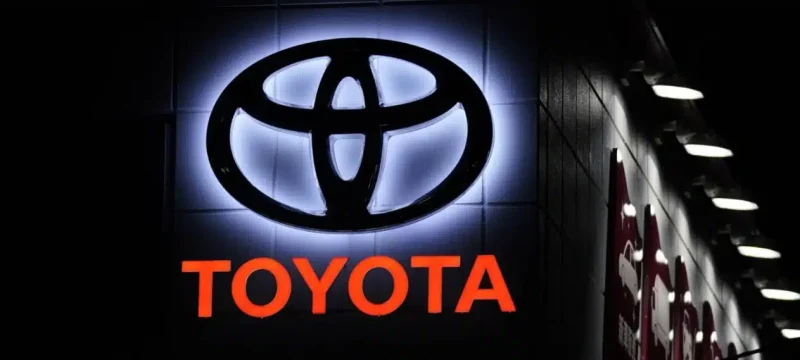Indus Motor Company Limited (PSX: INDU), the local manufacturer of Toyota vehicles in Pakistan, has released its financial results for the fiscal year ending June 30, 2023. The report paints a challenging picture for the automaker, with a significant 38.8% year-on-year (YoY) drop in profits. The decline is attributed to a multitude of factors, including plummeting car sales volume, rupee devaluation, reduced consumer purchasing power, and persistent inflation.
Read More: Toyota Corolla Price in Pakistan for August 2023
In fiscal year 2023, Indus Motor Company reported a profit of Rs. 9.66 billion, a substantial decrease from the Rs. 15.8 billion achieved in the corresponding period the previous year. This profit decline underscores the harsh market conditions that have been impacting the automotive industry in Pakistan.
Several factors have contributed to the dismal financial results:
- Extortionate Rates: Car prices in Pakistan have soared due to high taxes and import duties, making vehicles less affordable for the average consumer.
- Rupee Devaluation: The devaluation of the Pakistani Rupee has led to increased costs for automakers who rely on importing components and parts.
- Consumer Purchasing Power: Reduced consumer purchasing power has significantly dampened the demand for automobiles.
- Inflation: The country has been grappling with high inflation, which affects all sectors of the economy, including the automotive industry.
Despite the financial challenges, INDU has declared a final cash dividend of Rs. 29 per share for the fiscal year ending June 30, 2023, in addition to the combined interim cash dividend of Rs. 42.8 percent. The total dividend for 2022-23 will amount to Rs. 71.8 per share.
The company’s net sales for the fiscal year decreased by 35% YoY to Rs. 177.7 billion compared to Rs. 275 billion in the previous fiscal year. In the fourth quarter of FY23, the company’s sales reached Rs. 42.6 billion, a decline of 11% QoQ primarily due to a 24% dip in car sales volumes.
Despite the revenue decline, the gross margin for the fourth quarter was a notable 18.1%, the highest since March 2017. This could be attributed to price hikes realized in the last quarter and year-end adjustments. However, for the full fiscal year, gross margins stood at 4.5%, lower than the 6.7% recorded in the previous year.
The company’s gross profits fell by a significant 57% YoY to Rs. 7.93 billion from Rs. 18.4 billion in the previous fiscal year.
On a positive note, the other income of the company increased by 9.6% to Rs. 14.1 billion compared to Rs. 12.9 billion in FY22. However, other income witnessed a 17% QoQ decline to Rs. 2.5 billion.
Finance costs surged by 23% to Rs. 140.7 million as compared to Rs. 114.3 million in the same period the previous year. The company also incurred taxation of Rs. 7.13 billion in FY23, compared to Rs. 9.65 billion in FY22. Consequently, the company posted earnings of Rs. 122.96 per share for FY23, compared to Rs. 201.04 per share in the previous year.
The operational outlook for Toyota in Pakistan has been challenging, with a significant decline in sales. According to a monthly report from the Pakistan Automotive Manufacturers Association (PAMA), Toyota Indus Motor Company (IMC) reported a 26% month-over-month decrease in sales. This decline is primarily attributed to reduced sales of Toyota Hilux and Fortuner, despite their prior status as best-selling vehicles in Pakistan.
Due to continued operational difficulties and economic challenges, Toyota IMC has announced non-production days (NPDs) from August 25 to September 6, 2023. The company cites reduced sales as a reason for the diminished demand.
The financial results for FY23 paint a challenging picture for Indus Motor Company, reflecting the broader difficulties faced by the automotive industry in Pakistan. High prices, rupee devaluation, reduced consumer purchasing power, and inflation have all taken their toll. The company’s efforts to maintain dividends and adapt to market conditions underscore the resilience of the industry but also highlight the need for sustained recovery to restore profitability.









